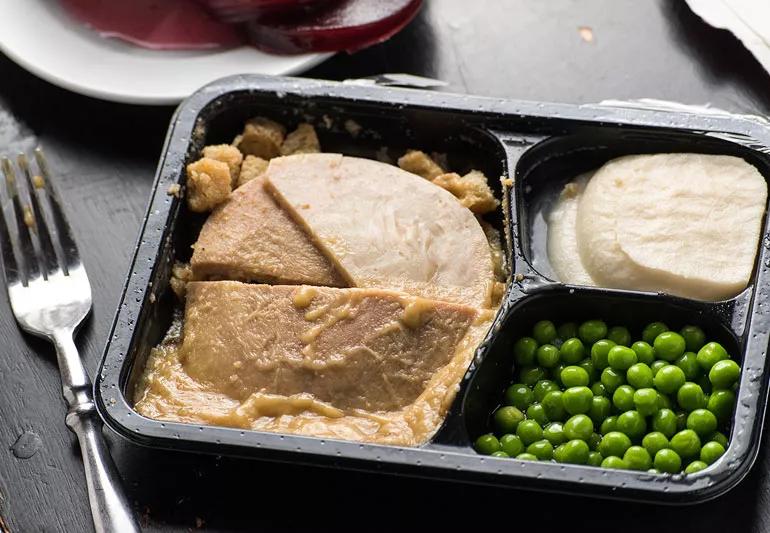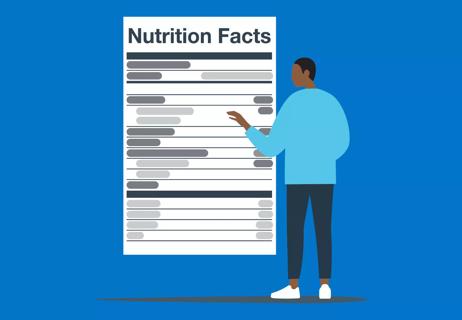Advertisement
They're common in processed foods

“Yum, sodium nitrate!” Ever hear someone say that before sinking their teeth into a juicy hot dog or some crispy bacon?
Advertisement
Cleveland Clinic is a non-profit academic medical center. Advertising on our site helps support our mission. We do not endorse non-Cleveland Clinic products or services. Policy
Probably not. Most of us aren’t aware of the chemicals in our cuisine. Yet additive-laced processed foods have become more American than apple pie.
A recent study estimates that highly processed foods make up nearly 60% of the American diet.
Food that is processed has been altered, in some way, from its natural state. It’s often more convenient and less expensive.
“Processed foods have often have been treated with additives – substances that add color, enhance flavor or increase shelf life, for example,” says dietitian Kate Patton. “Additives are not necessarily bad. Most foods require them to prevent spoilage and maintain their nutritional value.”
In fact, the U.S. Food and Drug Administration (FDA) has approved thousands of food additives.
Consuming small amounts of additives may be safe, but the health risks add up if you rely heavily on processed foods. A diet rich in processed foods is linked to chronic diseases such as obesity, high blood pressure, heart disease and cancer.
Advertisement
To be safe, it’s wise to choose foods that are in their natural state and color. The best way to eat healthy is to:
“Follow these tips to enjoy food that is not only more nutritious but also fresher and more naturally flavorful,” Patton says.
Advertisement
Learn more about our editorial process.
Advertisement

What’s on your plate can either help power you through your day or put you in nap mode

Information on serving size, calories and nutrients can help you make healthy choices

Often labeled as ‘diabetes-friendly’ or ‘calorie-free,’ these sugar substitutes warrant caution

Repeating your meals can help simplify meal planning and counting calories, but it could also lead to boredom and nutritional deficiencies

Making certain food and lifestyle choices can help keep your battery full

Fiber-rich shirataki noodles may improve blood sugar, aid in digestion and help with weight loss

Reducing inflammation is key when you’re in a flare-up, but so is having a preventive nutritional plan in place when you’re not

The U.S. FDA prohibits HCG use without a prescription — and the hormone isn’t approved for weight loss at all

Focus on your body’s metabolic set point by eating healthy foods, making exercise a part of your routine and reducing stress

PFAS chemicals may make life easier — but they aren’t always so easy on the human body

While there’s little risk in trying this hair care treatment, there isn’t much science to back up the claims